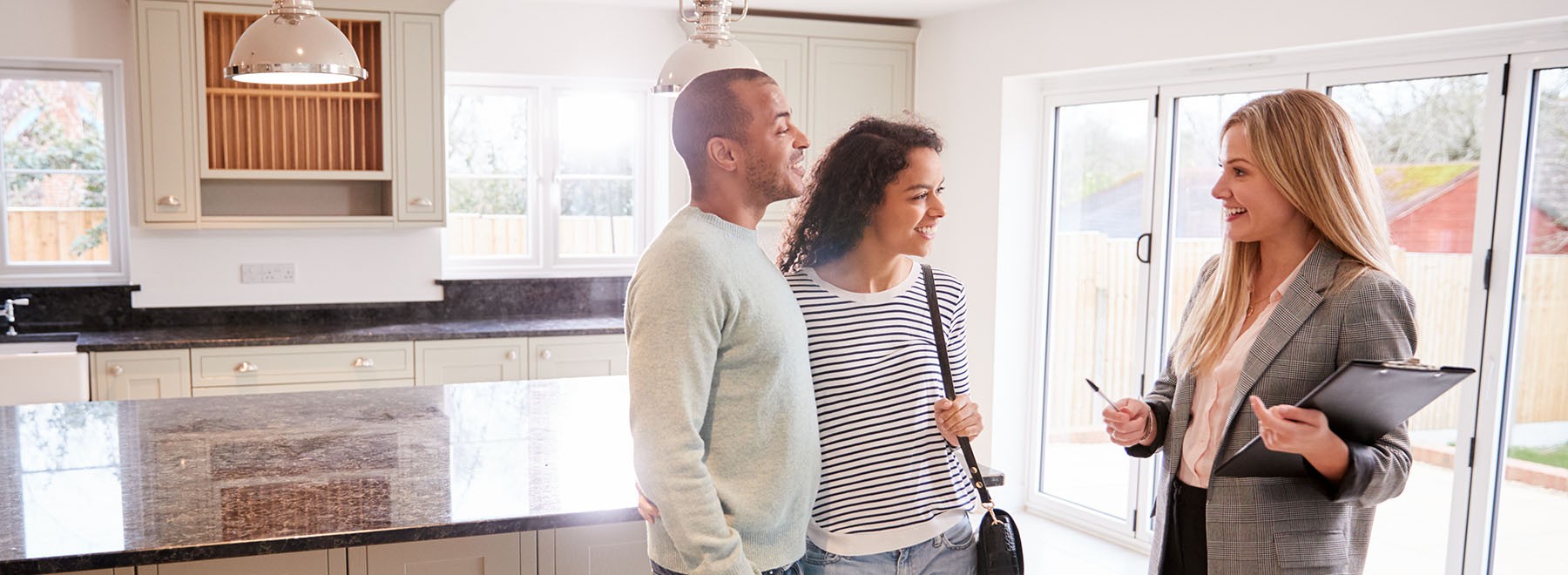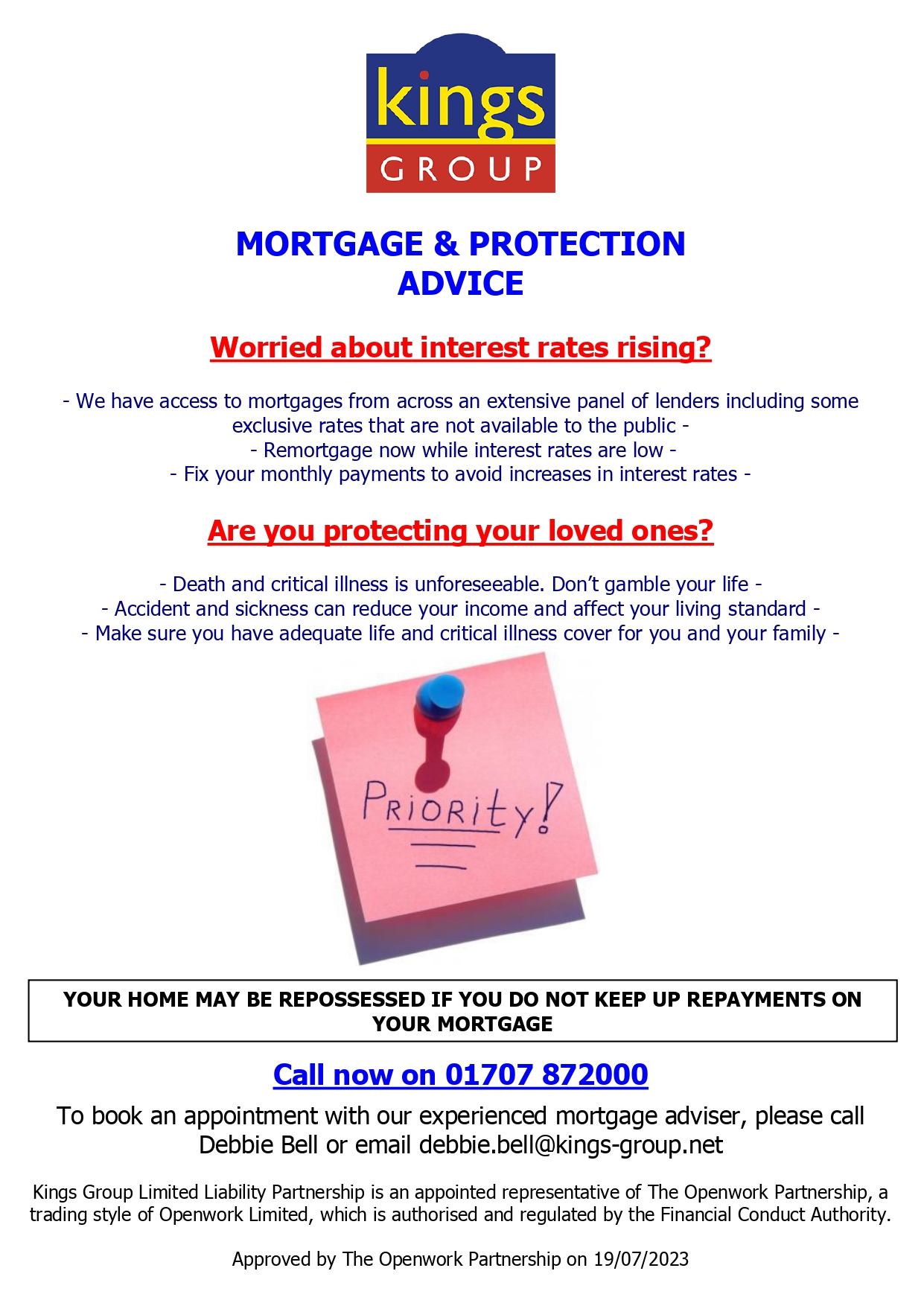When selling your home, you need an agency that is professional, responsive and gets you the best possible price
Our concern is always with you, the customer.
Our commitment to customer service is shown in our customer feedback. In 2016, we were proud to win 13 awards at the ESTAS Awards, including the gold award for Best Estate Agent in the UK for our Church Langley office.
Interested in the value of your home? Request a free no-obligation valuation, by one of our professional valuation experts. Find out more about us, including more about our people and the services we offer.

